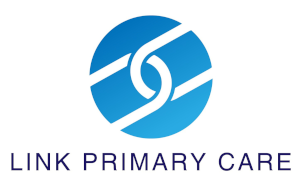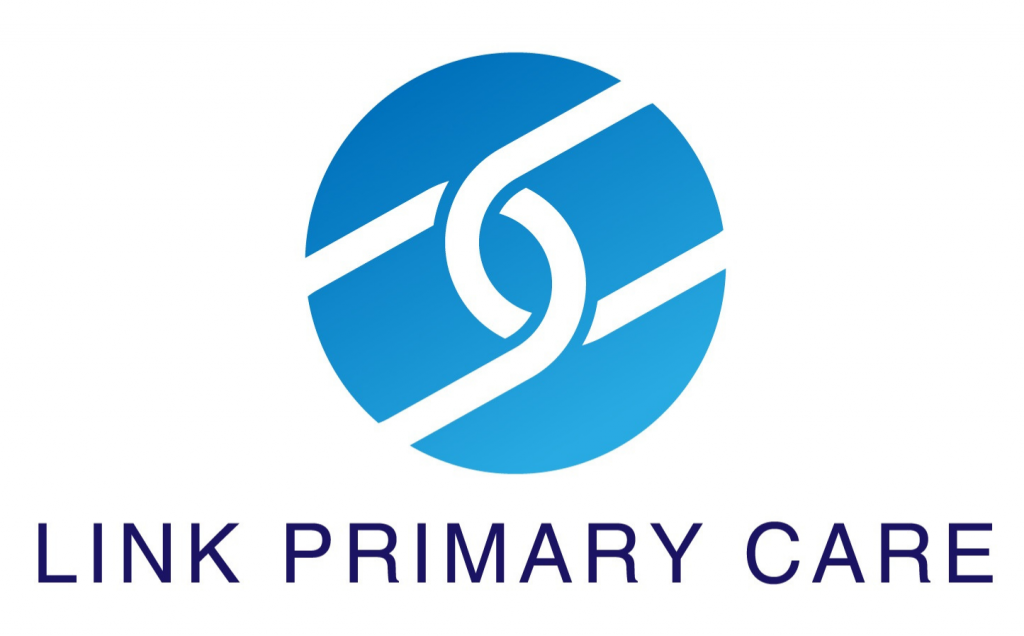April Is IBS Awareness Month
Irritable Bowel Syndrome (IBS) affects an estimated 1 in 10 people worldwide. Yet many people struggle silently with the symptoms. April is IBS Awareness Month, an opportunity to educate and empower patients who deal with this often misunderstood condition.
At Link Primary Care in St. Louis, we support a holistic, personalized approach to managing chronic conditions like IBS. If you’re tired of bouncing between specialists without clear answers, you’ve found the right care team.
What Is IBS?
IBS is a functional gastrointestinal disorder that affects how the gut works. Unlike conditions like Crohn’s or ulcerative colitis, IBS doesn’t cause visible inflammation but still significantly impacts quality of life.
Common symptoms include:
- Bloating and gas
- Abdominal pain or cramping
- Diarrhea, constipation, or both
- Irregular bowel movements
IBS is often diagnosed after ruling out other conditions. While it’s not life-threatening, it can seriously disrupt your daily routine.
What Causes IBS?
There’s no single cause, but possible triggers include:
- Food sensitivities (e.g., dairy, gluten, FODMAPs)
- Stress and anxiety
- Gut-brain interaction issues
- Hormonal fluctuations
- Antibiotic use or GI infections
How Link Primary Care Helps Patients with IBS
Our Direct Primary Care model gives you unlimited access to your physician without long waits or insurance roadblocks. We help patients:
- Identify symptom triggers with diet tracking and referrals for food sensitivity testing
- Manage stress through counseling and mindfulness tools
- Create treatment plans that combine lifestyle changes and medications
- Explore gut microbiome support
Patient Story: Finally Feeling in Control
A 35-year-old graphic designer came to us with a 10-year history of IBS symptoms. After months of increasing symptoms and no relief, she joined Link Primary Care. We used food diaries, lab testing, and supportive coaching to tailor her care.
“It was the first time someone looked at the full picture. My symptoms are finally manageable—and I’m not anxious about eating anymore.”
Lifestyle Tips for IBS Relief
These daily habits can make a big difference:
- Eat small, consistent meals
- Avoid high-FODMAP foods (garlic, onions, wheat, etc.)
- Stay hydrated
- Practice mindful eating (no multitasking while eating)
- Exercise regularly to support gut motility
- Limit caffeine and alcohol
Medical Treatments
For many, a combination of therapies works best. These may include:
- Antispasmodic medications
- Fiber supplements
- Low-dose antidepressants for gut-brain regulation
We also help patients explore integrative options like:
- Peppermint oil capsules
- Acupuncture
- Cognitive behavioral therapy (CBT) referrals to trusted partners
You Don’t Have to Navigate IBS Alone
IBS can feel isolating, but it’s more common than you think—and highly manageable with the right plan.
Schedule a one-on-one consultation with Dr. Jeffrey Davis using the following link:
https://calendly.com/jeffreydavis-linkprimarycare/link-primary-care-meeting
Get more information on our website at linkprimarycare.com


